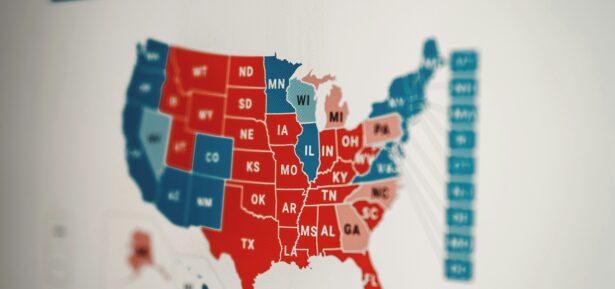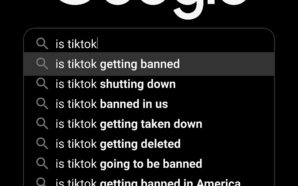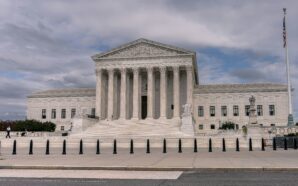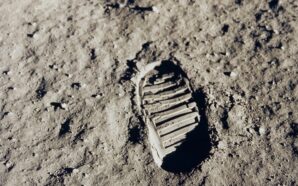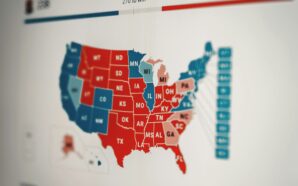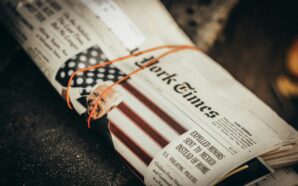

(Photo Credit: Melina Mara / The Washington Post)
New York Congresswoman Alexandria Ocasio-Cortez never hesitates to speak her mind on any issue. This time, the 29-year-old representative is going after facial recognition technology, which she worries is racially biased. At a congressional hearing on Artificial Intelligence, Ocasio-Cortez grilled Joy Buolamwini, founder of Algorithmic Justice League, about the technology.
According to the Huffington Post, the exchange went like this:
“We saw that these algorithms are effective to different degrees,” Ocasio-Cortez said. “So are they most effective on women?”
“No,” Buolamwini answered.
“On people of color?”
“Absolutely not.”
“On people of different gender expressions?”
“No, in fact, they exclude them.”
“What demographic is it most effective on?” Ocasio-Cortez asked.
“White men,” Buolamwini answered.
“Who are the primary engineers and designers of these algorithms?”
“White men.”
“So we have a technology that was created and designed on one demographic that is only most effective on that one demographic, and they’re trying to sell it and impose it on the entirety of the country?” Ocasio-Cortez continued. “Do you think this could exacerbate the already egregious inequalities in our criminal justice system?”
“It already is,” Buolamwini said.
“When tech companies develop algorithms that automate the assumptions of people from one demo, they start to automate subconscious bias,” AOC tweeted after the hearings. “When those flawed algorithms get sold to law enforcement, it can be disastrous for anyone that doesn’t look like most Silicon Valley engineers.”
San Francisco recently voted to ban the use of facial recognition technology by law enforcement because of concerns about bias. As awareness of the problem grows, other cities are expected to follow suit.
-
In a significant escalation of the ongoing dispute over misinformation, Brazil Supreme Court Justice Alexandre de Moraes has initiated...
-
In a significant legal development, U.S. District Judge Aileen Cannon has declined former President Donald Trump’s request to dismiss...
-
Major Collision Causing the Collapse of the Bridge The recent collapse of the Francis Scott Key Bridge in Baltimore,...
-
Donald Trump is on the brink of a crucial deadline in a business fraud case, with just a few...
-
Sylvia Gonzalez, a newly elected city council member in a small Texas community, was embroiled in controversy when she...
-
Is TikTok Getting Banned in the States? The United States House of Representatives has voted with bipartisan support to...
-
The 2024 Election Race Continues Between Joe Biden and Donald Trump With the 2024 general election drawing closer, President...
-
The Biden Administration’s Request for a New Texas Immigration Law Blocked The Supreme Court has temporarily blocked the enforcement...
-
Another Successful Moon Landing Intuitive Machines, a commercial space company, has achieved a remarkable feat by landing its Odysseus...
-
Has the State of USA Improved Since Trump’s Presidency or Gotten Worse? Given the current climate of the United...
-
Neuralink Makes a Major Breakthrough with Patient A patient who has received a Neuralink brain implant can now control...
-
In a surprise speech delivered from the White House, President Joe Biden addressed the recent special counsel’s report and...


